Parkinson's Disease: Causes, Symptoms, and Treatment
What is Parkinson’s Disease?
Parkinson’s disease is a progressive neurodegenerative disorder that affects movement, muscle control, and coordination. The condition occurs due to the gradual loss of dopamine-producing nerve cells in the brain, particularly in the substantia nigra. Dopamine is a critical brain chemical responsible for transmitting signals that control smooth and purposeful movements. As dopamine levels decline, individuals develop motor symptoms and non-motor symptoms that worsen over time.
At Mir Neurology, we provide advanced Parkinson’s Disease diagnosis, evidence-based Parkinson’s Disease treatment, and ongoing Parkinson’s Disease management to support long-term function and independence.
Symptoms of Parkinson’s Disease
Parkinson’s disease manifests through a range of physical and cognitive symptoms, which may vary in severity. Common symptoms include
1. Motor Symptoms
Resting tremors: Involuntary shaking that commonly begins in the hands, fingers, or arms and occurs when muscles are relaxed.
Bradykinesia: Slowed movement that affects walking, writing, eating, and other daily activities.
Muscle rigidity: Stiffness in the arms, legs, shoulders, or neck that causes pain and restricts range of motion.
Postural instability: Impaired balance and coordination that increases the risk of falls and injuries.
Shuffling gait: Short, slow steps with reduced arm swing and difficulty initiating movement.
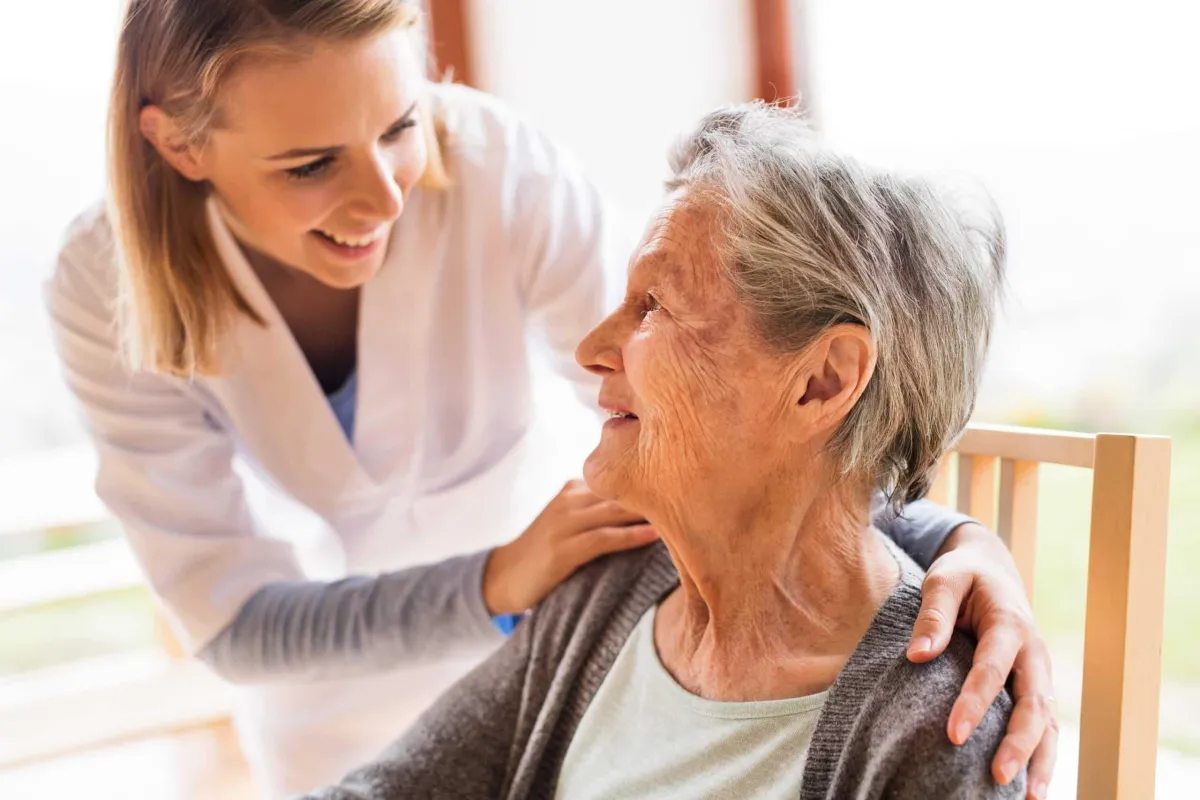


2. Non-Motor Symptoms
Non-motor Parkinson’s disease symptoms often appear early and significantly affect quality of life:
Cognitive impairment: difficulty with memory, attention, and problem-solving. In later stages, some individuals develop Parkinson’s disease dementia in later stages.
Depression and anxiety: Common mood disorders linked to chemical changes in the brain.
Sleep Problems: Insomnia, REM sleep behavior disorder, restless leg syndrome, and vivid dreams.
Fatigue: Chronic tiredness and reduced stamina unrelated to activity level.
Speech and Swallowing Difficulties: Soft voice, slurred speech, drooling, and difficulty swallowing are also known as dysphagia.
Causes and Risk Factors of Parkinson’s Disease
The exact cause of Parkinson’s disease remains unknown, but research identifies multiple contributing risk factors.
1. Genetics
Certain gene mutations have been linked to an increased risk, though genetic factors are only responsible for a small percentage of cases. such as LRRK2 and PARK genes, increase susceptibility. Genetic causes account for a small percentage of cases.
2. Age
Parkinson’s disease most commonly affects individuals over age 60, with incidence increasing with age.
3. Environmental Factors
Long-term exposure to pesticides, herbicides, and heavy metals increases the risk of developing Parkinson’s disease.
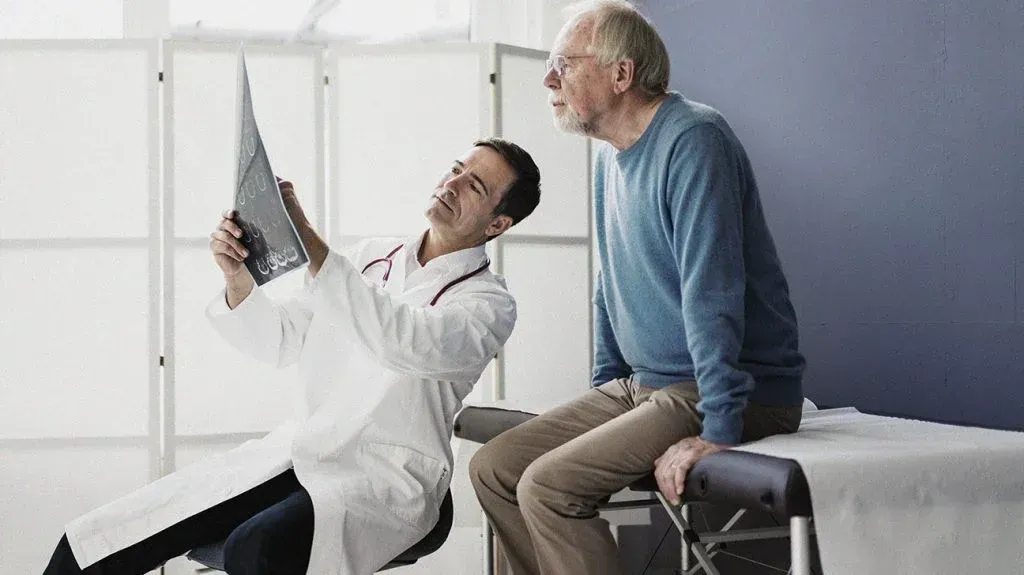
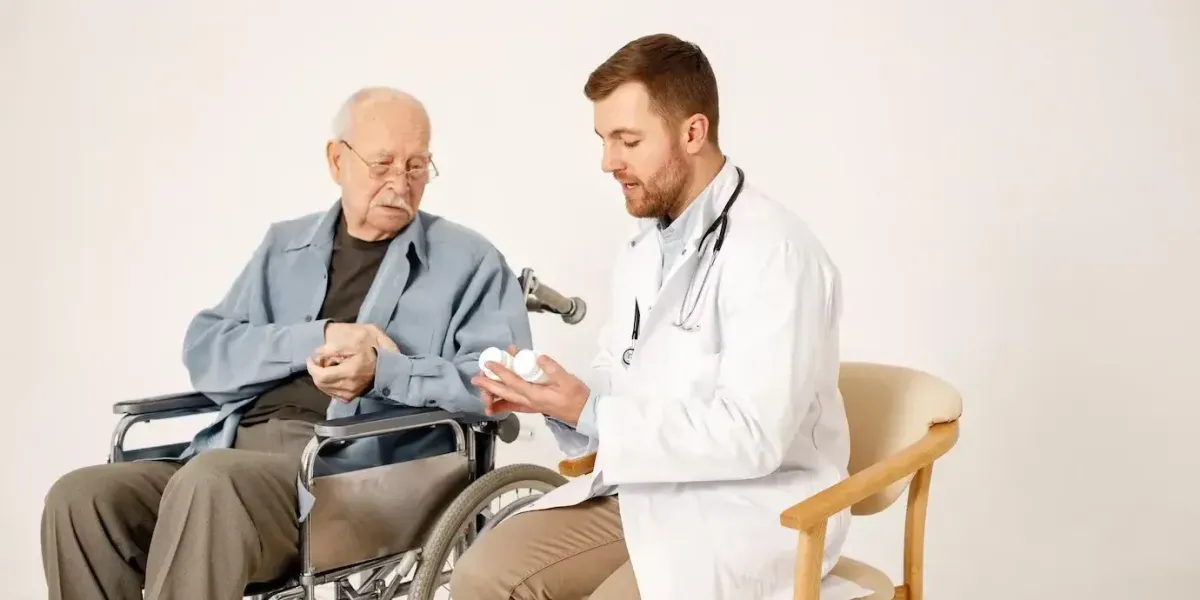
4. Gender
Men have a higher risk of developing Parkinson’s disease compared to women.
5. Head Injuries
Traumatic brain injuries and repeated concussions increase the likelihood of developing Parkinson’s disease later in life.
Diagnosis of Parkinson’s Disease
There is no specific test for Parkinson’s disease, so a diagnosis is based on a combination of clinical examination and ruling out other conditions. At Mir Neurology, we use the following methods to diagnose and confirm Parkinson’s disease:
1. Medical History and Symptoms Review
Detailed assessment of symptoms, progression, family history, medications, and daily function.
2. Neurological Examination
A thorough physical examination is conducted to assess motor symptoms such as tremors, rigidity, bradykinesia, and postural instability.
3. Brain Imaging
MRI or CT scans can help rule out other neurological conditions, such as strokes or brain tumors. A DaTscan (dopamine transporter scan) may also be used to look for abnormalities in dopamine-producing regions of the brain.
4. Blood Tests
Blood work excludes metabolic disorders, thyroid disease, and vitamin deficiencies that mimic Parkinson’s Disease symptoms.
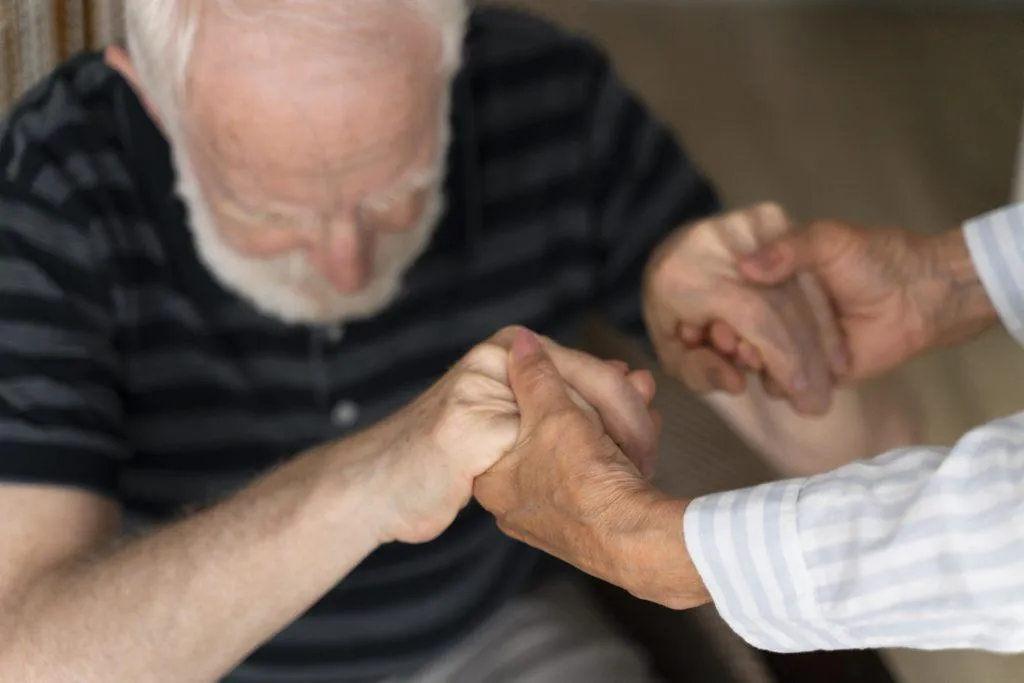
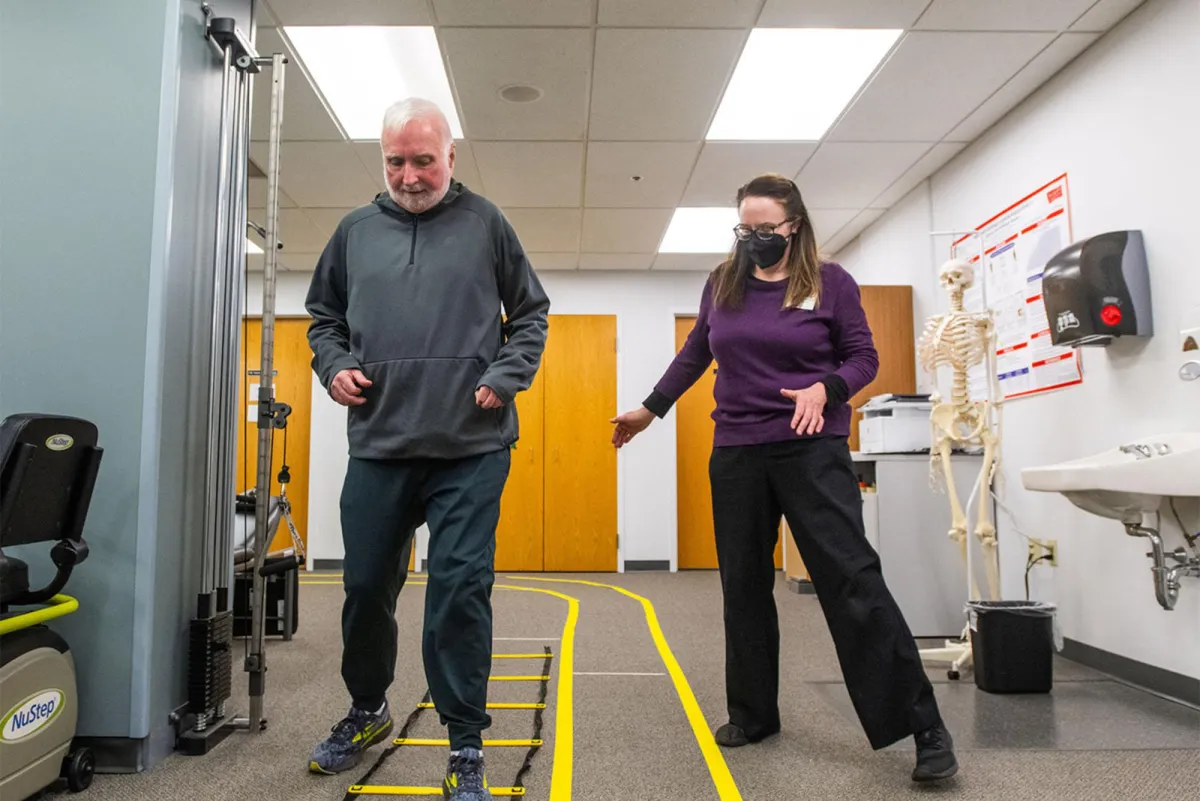
Treatment Options for Parkinson’s Disease
While there is no cure for Parkinson’s disease, there are several treatment options aimed at managing symptoms and improving quality of life. Treatment is individualized based on the severity of symptoms and the patient’s unique needs.
1. Medications
Medications focus on restoring dopamine balance.
Levodopa: The gold standard Parkinson’s disease medication is the most effective treatment for Parkinson's; it converts to dopamine in the brain to improve movement and reduce tremors.
Dopamine Agonists: Stimulate dopamine receptors and help control motor symptoms.
MAO-B Inhibitors: These medications reduce dopamine breakdown and enhance its availability.
COMT Inhibitors: Prolong the effects of levodopa and reduce motor fluctuations.
Anticholinergic medications: Help control tremors and muscle stiffness in selected patients.
2. Surgical Treatments
Surgery is recommended for patients with advanced symptoms.
Deep Brain Stimulation (DBS): A device is implanted into the brain to deliver electrical impulses that help control tremors and other motor symptoms.
Lesioning: Target specific brain regions responsible for abnormal movement patterns.
3. Physical, Occupational, and Speech Therapy
Rehabilitation is essential for long-term Parkinson’s Disease care.
Physical therapy: Helps improve balance, strength, and mobility.
Occupational therapy: Focuses on improving daily tasks such as dressing, eating, writing, and managing household chores.
Speech therapy: Addresses speech volume, clarity, and swallowing disorders.

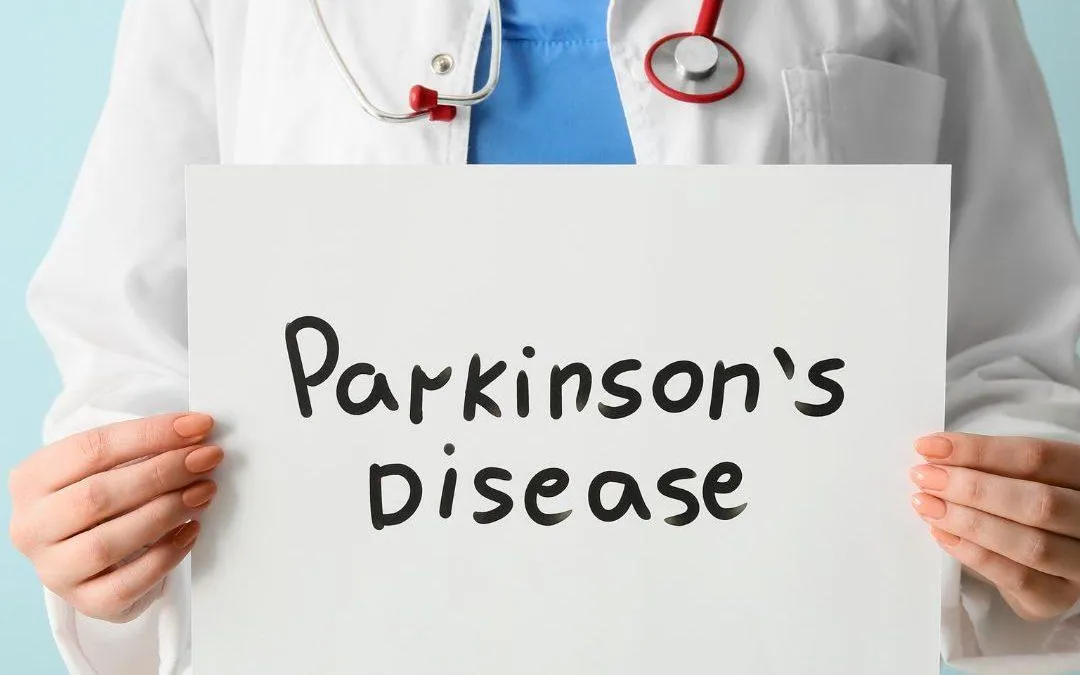
4. Lifestyle and Supportive Care
Exercise: Regular physical activity can improve motor function, reduce stiffness, and boost overall well-being.
Dietary Support: A balanced diet can help manage symptoms, particularly with medication side effects.
Support Groups: Connecting with others affected by Parkinson’s disease can provide emotional support and practical tips.
Parkinson’s Disease Care at Mir Neurology
At Mir Neurology, our experienced specialists provide comprehensive Parkinson’s disease care, including early detection, advanced treatment options, and ongoing support. Our patient-focused approach helps you manage symptoms, preserve independence, and maintain quality of life throughout every stage of Parkinson’s Disease.
Get Expert Help

If you or a loved one is experiencing memory loss or cognitive decline, early diagnosis is key to effective management. Consult with our neurology specialists for personalized assessment and care plans.
Our Locations
To learn more about our experience or discuss your treatment options, please call us at (301) 797-7600 or schedule a consultation today!
Get our wellness newsletter
Filter out the noise and nurture your inbox with health and wellness advice that’s inclusive and rooted in medical expertise.
Contact Us
Complaint and Queries
(301) 517-7636
About | Careers
© Copyright 2026. Mir Neurology. All Rights Reserved.
A Part of Highland Healthy Living. Powered By CareSyncMarketing



